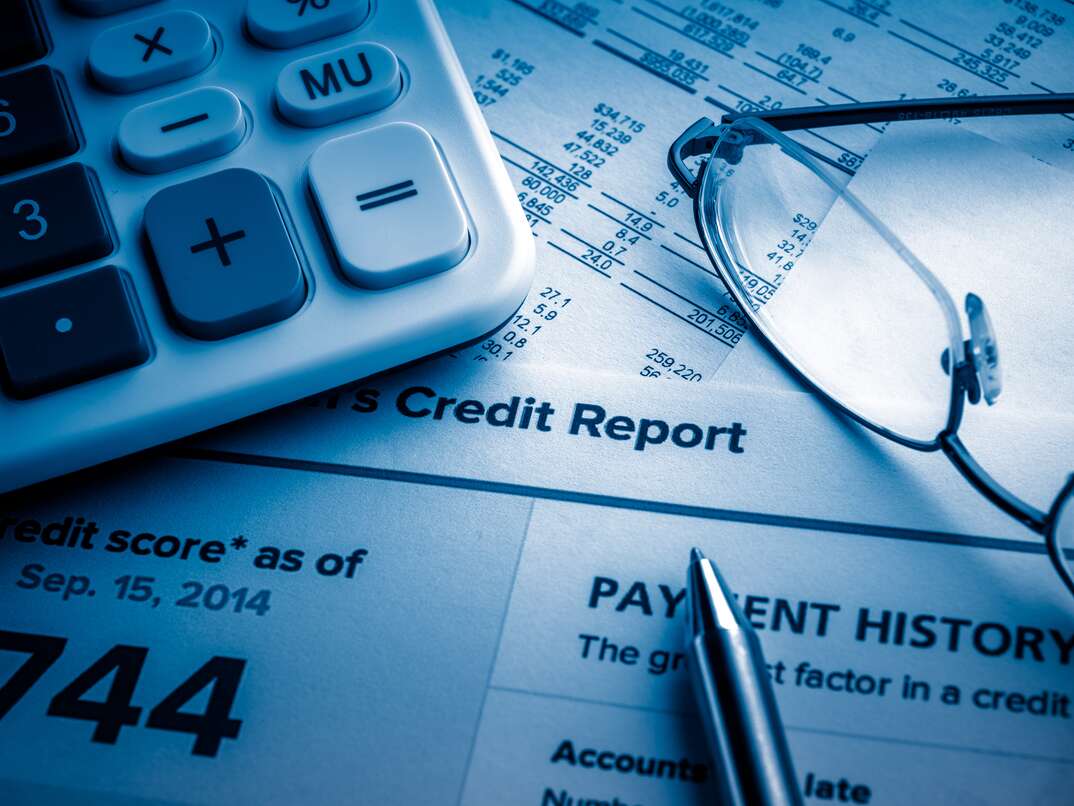- AppliancesElectriciansHVACLandscapingLocksmithPest ControlPlumbingRenovationRoofingT V RepairAll Home Improvement
- Car AccidentClass ActionCorporate LawCriminal DefenseDivorce LawEmployment LawFamily LawFinancial LawLegal AidMedical Injury LawyersMedical MalpracticeReal Estate LawWater Fire RestorationAll Legal
- InvestmentRetirementAll Finance
- Animal InsuranceAutoGeneral InsuranceHealth PolicyHome RentersAll Insurance
- DentalHealth SpecialistsAll Medical
- Animal CareVeterinaryAll Pets
- Auto GlassTowingAll Automotive
Will Paying Off My Student Loans Hurt My Credit Rating?

Is the amount owed on your student loans dwindling? Congratulations! Paying off student loan debt is a big deal. More than 43 million people around the United States have student loans, and the average federal student loan debt is $37,088. On top of that, it takes an average of 20 years to pay off these debts. Wiping out that balance can be a huge relief.
Read More Home Insurance Articles
But as you're making that final payment, you may be wondering what it's going to do to your credit score. Unfortunately, it's difficult to say. Consumer report companies weigh factors differently, so it's hard to know how any action will be reflected on your score. On top of that, the rest of your finances also have an impact on how paying off student loans affects your credit score. Read on to learn about the positive and negative impacts you may experience.
It can help to understand how credit scores are calculated. Credit companies use a mix of different factors to determine your score.
- New credit: How much credit you’ve applied for recently
- Credit mix: How much of your credit is in installment loans (including student loans and mortgages) and revolving loans (including credit cards and lines of credit)
- Payment history: Whether you pay bills and loans on time
- Amount owed: How much you owe relative to the credit you have available, based mainly on revolving credit
- Credit history: How long you've had credit that's in good standing
Each factor has a varying weight, but generally, payment history and amount owed have the largest impact on your score. Student loans are often large and take a while to pay off, so taking them out of the equation can have a significant effect on your score. Some people see their scores rise, while others are surprised to find their scores dip.
Negative Impacts of Paying off Student Loans
Paying off your loan means a long-standing loan amount is no longer in your history. Although the history of repaid loans is used in calculations, it has a lower impact. With a shorter credit history, you may see your score get lower.
Paying off student loans can also impact your credit mix. Lenders want to see that you can handle both installment and revolving loans. If your student loan is your only installment loan, you’ll suddenly have too many revolving loans, such as credit cards or retail cards. This makes you look like a bigger risk.
Positive Impacts of Paying off Student Loans
For many people, paying off a large loan means their debt-to-income ratio improves. This generally boosts your credit score. If you've been making consistent, on-time payments, this history will also remain, even if it isn't contributing as heavily as it once was.
People who are in default are likely to see a bigger boost in their credit score than those who were paying on time. It's important to note that positive impacts are seen even if you've paid off the debt through a forgiveness or assistance program. As far as reporting agencies are concerned, the debt is just paid off.
Remember that any dip you see to your credit score is likely to be temporary. As long as you continue to pay loans on time and make smart decisions, your score will bounce back quickly.
More Related Articles:
- 7 Clauses to Look Out For in Your Homeowners Insurance Policy
- What’s a Deductible?
- Insurance Terms, What Is an Act of God?
- What Is an Insurance Premium?
- What’s the Difference Between Homeowners and Renters Insurance?
Is There Any Benefit to Paying Off Student Loans Early?
No matter the impact on your credit score, paying off student loans early can have big benefits. Many people find these big loans stressful; paying them off is likely to give you peace of mind. From a financial standpoint, freeing up money from loan repayments gives you more options and more freedom. You may find you have enough cash flow to travel, start a family, or follow other dreams. Without a large student loan, you may also be able to get a mortgage or start investing in your future. If you have any financial goals, paying off your student loans can help you achieve them.
Elocal Editorial Content is for educational and entertainment purposes only. The information provided on this site is not legal advice, and no attorney-client or confidential relationship is formed by use of the Editorial Content. We are not a law firm or a substitute for an attorney or law firm. We cannot provide advice, explanation, opinion, or recommendation about possible legal rights, remedies, defenses, options or strategies. The opinions, beliefs and viewpoints expressed by the eLocal Editorial Team and other third-party content providers do not necessarily reflect the opinions, beliefs and viewpoints of eLocal or its affiliate companies. Use of the Blog is subject to the
Website Terms and Conditions.The eLocal Editorial Team operates independently of eLocal USA's marketing and sales decisions.

